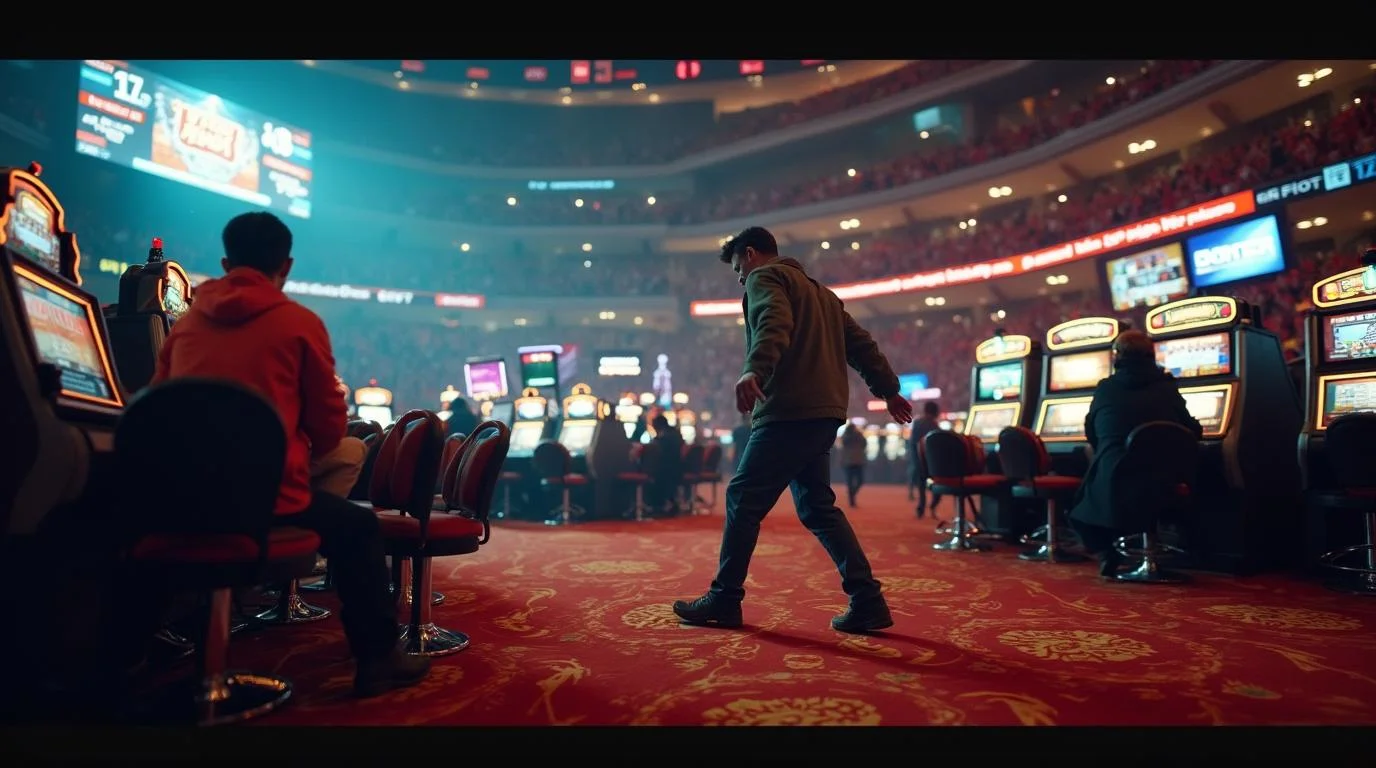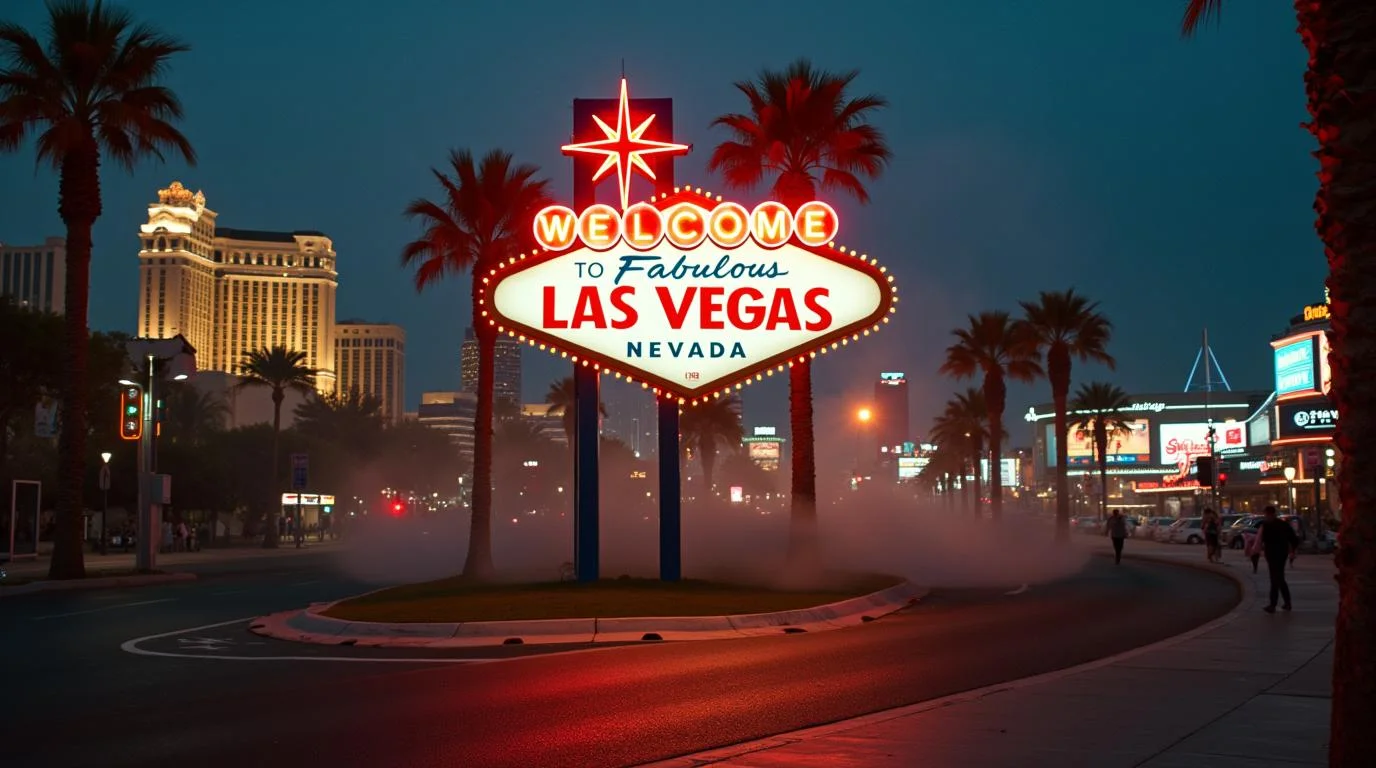Las Vegas Expansion of 'Order-Out' Corridor for Criminals Questioned by the ACLU

1.0
Default
Convicted criminals who have committed misdemeanors in downtown Las Vegas have been banned by the city from entering an 'order-out corridor' that stretches from Fremont Street to Las Vegas Boulevard. But now, the corridor has been expanded to include 29 acres located near the Plaza Hotel. The American Civil Liberties Union, in turn, has questioned the expansion, threatening to sue.
Las Vegas officials have unanimously voted to expand the city's controversial 'order-out corridor,' a legal measure allowing judges to ban individuals convicted of misdemeanors from entering certain tourist areas. This expansion, approved on Wednesday, broadens the scope of a policy enacted last November, which applies to offenses committed within Las Vegas' bustling downtown area, often referred to by tourists as 'downtown.'
The new expansion includes an additional 29 acres surrounding the Main Street Station and the Plaza Hotel, a significant increase from the original zone, which primarily covered The Strat environs and Fremont Street. The decision aims to curb criminal activity in some of the city's most heavily trafficked tourist destinations, ensuring a safer environment for both visitors and law enforcement.
Banning offenders from tourist areas
The order-out corridor gives judges the authority to ban individuals from entering downtown Las Vegas for up to a year as an alternative to jail time. The policy is applied following convictions for minor offenses, such as battery, trespassing, disturbing the peace, providing false information, and obstructing police.
Under the ordinance, which was first enacted last year, police have the power to arrest individuals found in the restricted areas without needing further evidence of criminal activity if they have been banned by a court order. According to city officials, the initiative has seen some early success. A report shared during a City Hall presentation in July revealed that 246 people had been ordered to stay out of the downtown area in the first few months since the implementation of the ordinance. Among them, just over 80 individuals were jailed for violating their ban, and only nine re-offended after breaching the order.
Crime reduction and city support
City officials have praised the measure for its effectiveness in reducing crime within the designated tourist zones. Mayor Carolyn Goodman, who sponsored the original ordinance, emphasized the importance of the policy at a City Council meeting, framing it as a key tool for enhancing public safety.
"This really is a critical first step for us, and it is only to protect everybody, including law enforcement," Goodman stated. The mayor's backing of the expansion stems from the belief that keeping certain offenders out of high-profile tourist areas can significantly deter criminal behavior, allowing law enforcement to focus on maintaining order in the downtown corridor.
Civil liberties concerns and ACLU opposition
While city officials and some residents view the order-out corridor as a vital crime prevention measure, it has faced fierce opposition from civil liberties advocates, particularly the American Civil Liberties Union of Nevada. The ACLU voiced its opposition to the expansion during the City Council meeting last week, arguing that the policy infringes on individuals' constitutional rights and unfairly targets vulnerable populations, such as the homeless.
The ACLU has a history of challenging similar ordinances in the region. It is currently suing the city over a similar order-out corridor imposed in Clark County, which includes the Las Vegas Strip. One case in particular, involving Ackeem Ramsay, a man on probation for pandering, has brought attention to the potential constitutional violations posed by the policy. Ramsay was banned from the Strip as part of his sentence, and the ACLU was able to file a brief challenging the legality of the ban, asserting that even convicted criminals have a First Amendment right to access public spaces.
According to the ACLU, many of those who have been arrested under the order-out corridor on the Strip have been homeless individuals. The organization argues that the ordinance essentially criminalizes homelessness by restricting access to large public areas, leaving some people with no alternatives.
Despite the opposition, the city appears committed to the expansion of its order-out corridor, asserting that it is a necessary measure to keep downtown Las Vegas safe for tourists and residents alike. However, the growing legal challenges, coupled with concerns about the policy's fairness and constitutionality, indicate that the debate over order-out zones is far from over.




















